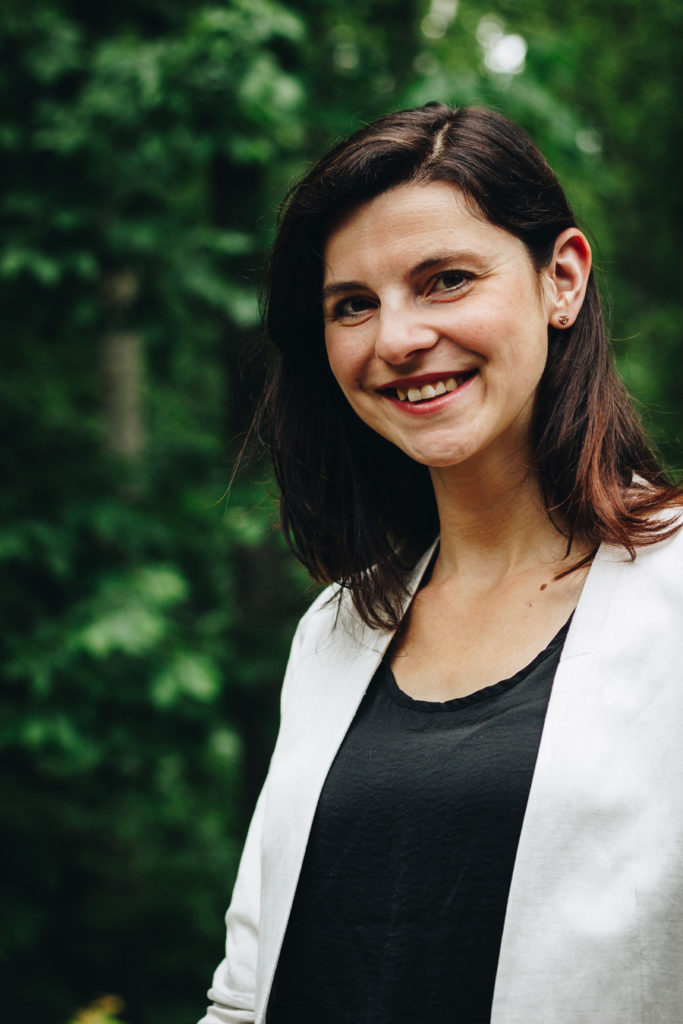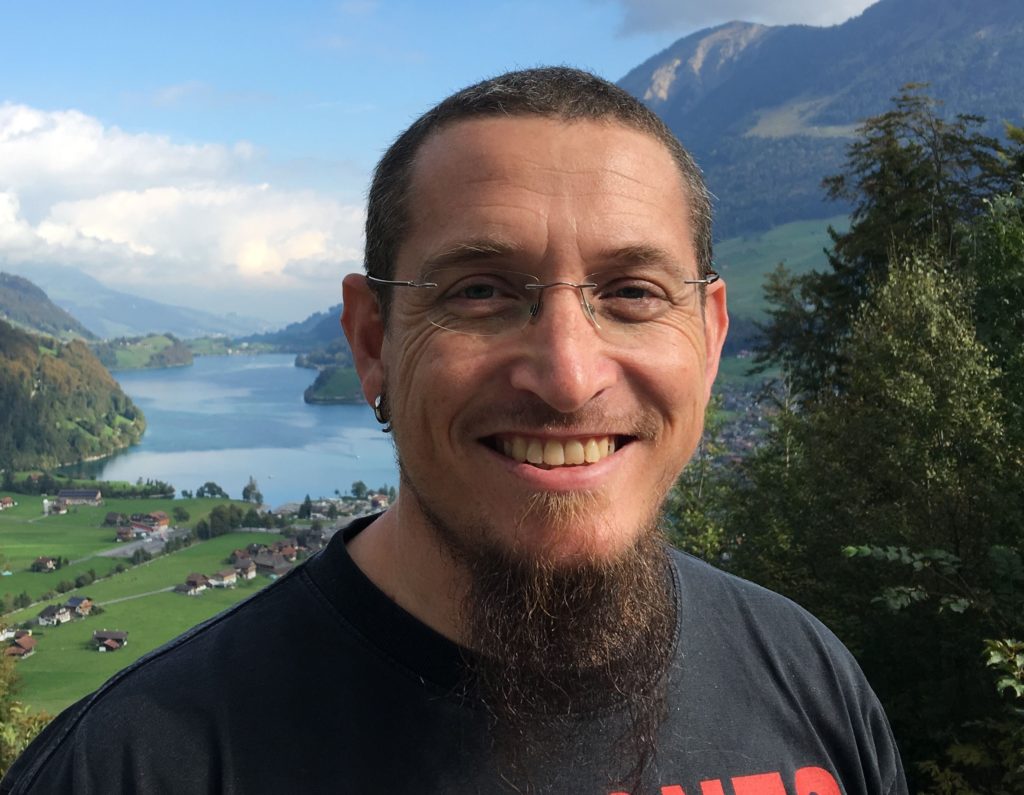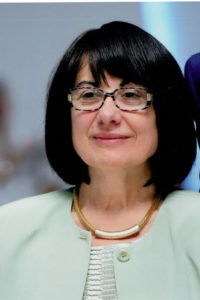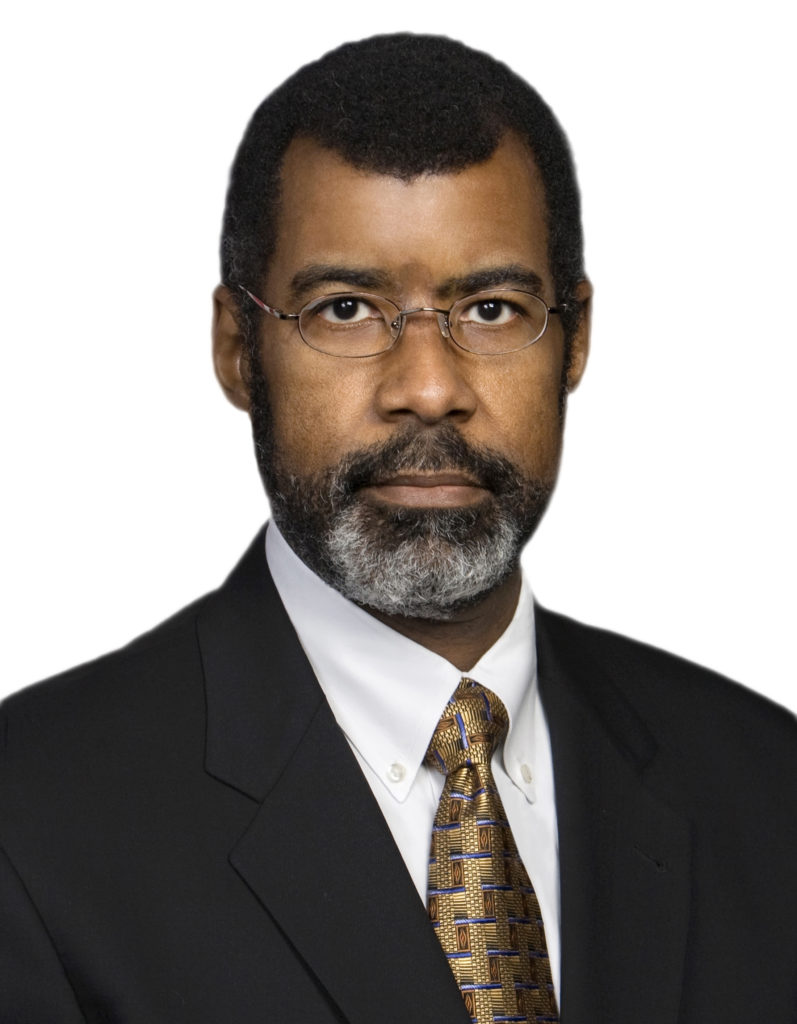Archive for November 2020
Complex Oxides in the Nuclear Fuel Cycle – New Activities at UC Irvine
Complex Oxides in the Nuclear Fuel Cycle – New Activities at UC Irvine, Assistant Professor, Department of Chemistry and Materials Science and Engineering at UCI SPEAKER: Sarah Finkeldei Assistant Professor Department of Chemistry and Materials Science and Engineering at UCI DATE/TIME: MON, 11/16/2020 – 4:00PM TO 5:00PM Fall 2020 Colloquium Series Abstract: Complex oxides with fluorite derived…
Read MoreIsotope Production: Occupation and/or Adventure
Isotope Production: Occupation and/or Adventure, Dr. Etienne Vermeulen, Senior Scientist, Los Alamos National Laboratory SPEAKER: Dr. Etienne Vermeulen Senior Scientist, Los Alamos National Laboratory DATE/TIME: MON, 11/09/2020 – 4:00PM TO 5:00PM Fall 2020 Colloquium Series Abstract: Radioisotope production is a fascinating field of study that encompasses multiple disciplines, ranging from nuclear physics and chemistry to nuclear engineering…
Read MoreJasmina Vujic: The First Female Chair of a Nuclear Engineering Department
Jasmine Vujic: The First Female Chair of a Nuclear Engineering Department November 06, 2020 Jasmina Vujic was the first woman to join UC Berkeley’s nuclear engineering faculty in 1992, and in 2005 became the first female chair of a nuclear engineering department in the nation. She is renowned as a top researcher in the field…
Read MoreNuclear Energy: Essential to the Energy Transition
Nuclear Energy: Essential to the Energy Transition, William D. Magwood, Director-General, OECD Nuclear Energy Agency (NEA) SPEAKER: William D. Magwood Director-General, OECD Nuclear Energy Agency (NEA) DATE/TIME: MON, 11/02/2020 – 8:00 AM to 9:00 AM Fall 2020 Colloquium Series Abstract: Around the world, governments are taking actions intended to lead to a new, environmentally sustainable…
Read More


